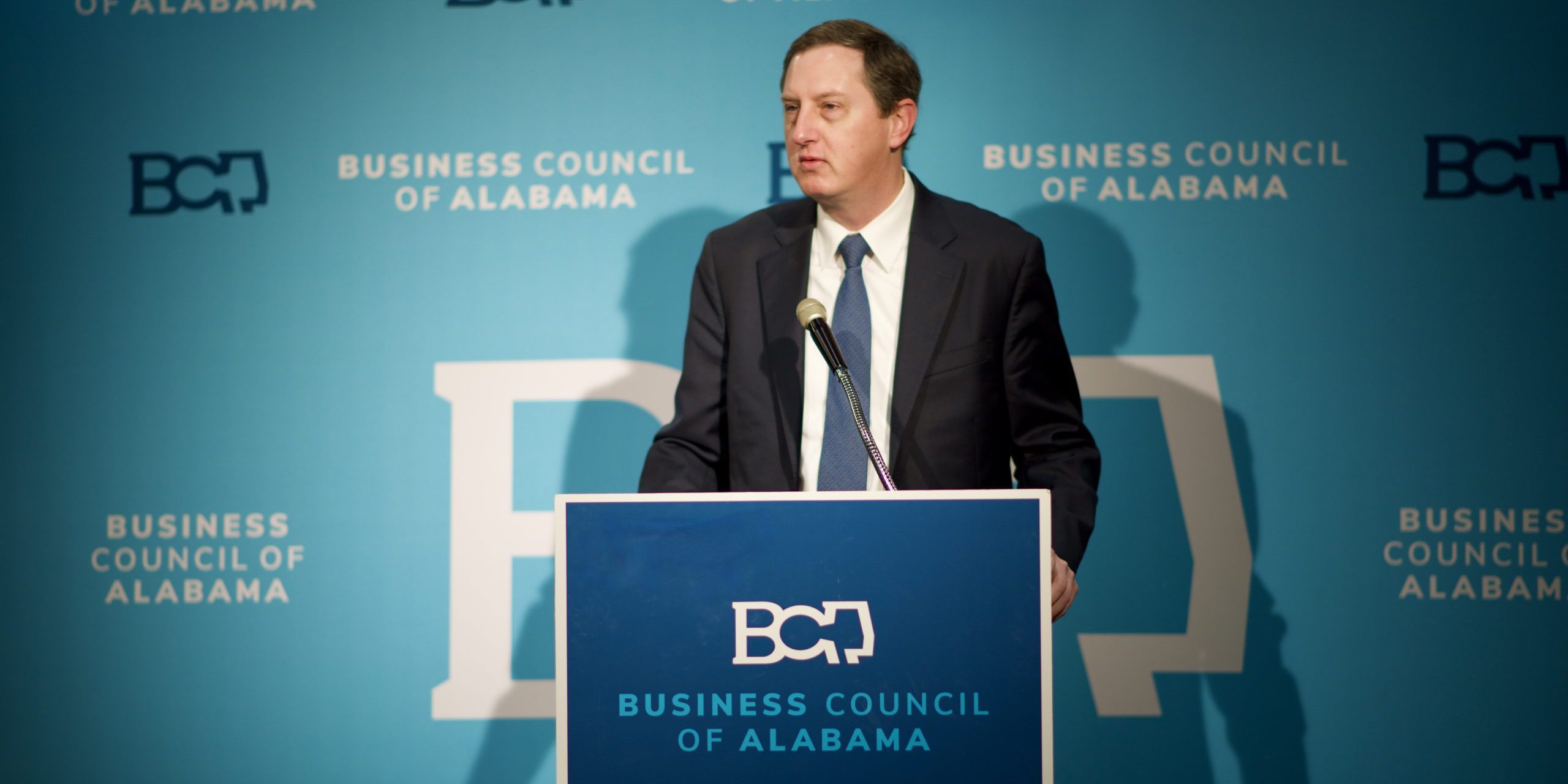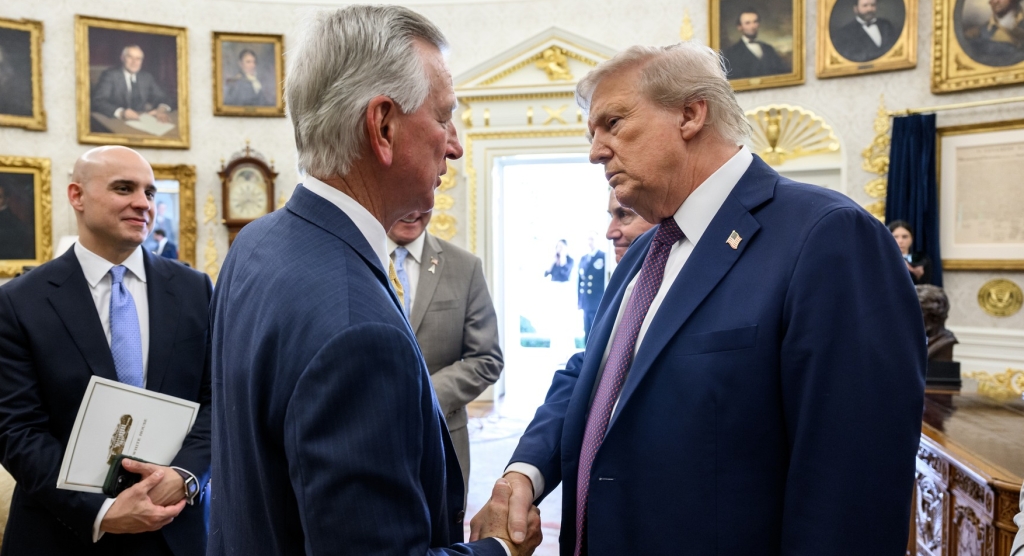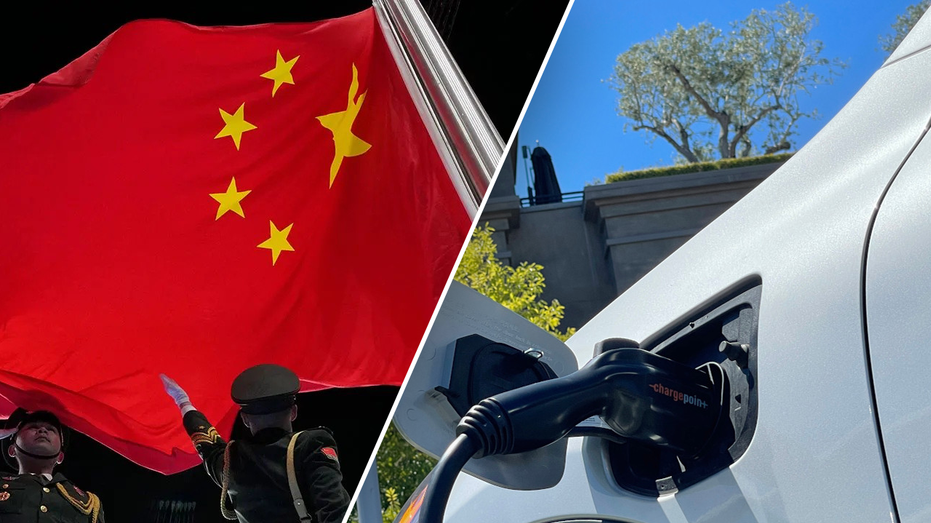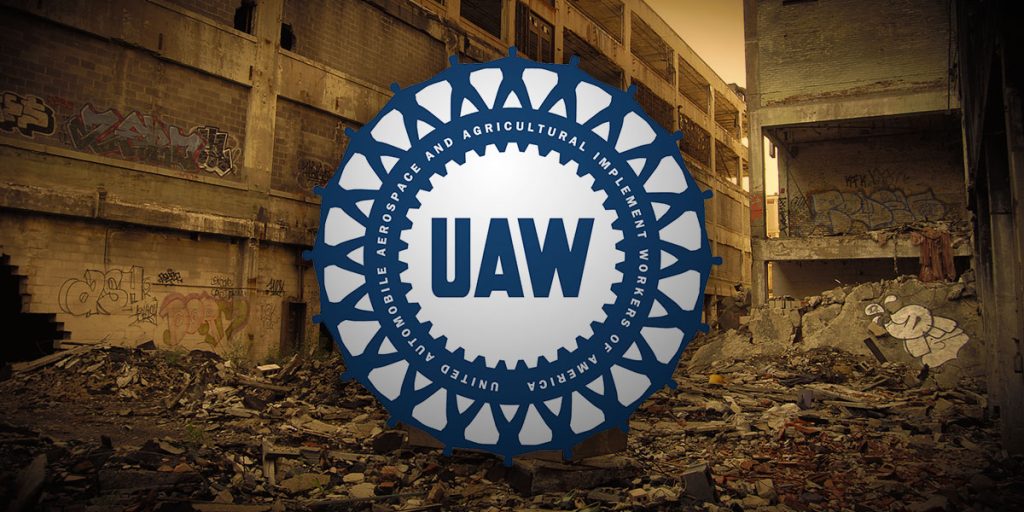Alabama stands at an economic crossroads, and the path we take will determine if the record low unemployment and historic industrial recruitment successes of the past several years will continue or whether we return to the days of decades ago when wages were low, jobs were scarce, and meeting even the most basic financial obligations proved difficult.
At issue is an effort by the United Auto Workers labor union to organize the automative plants that dot our state and represent an important page turn in Alabama’s history book.
Mercedes Benz made international headlines in 1993 when it announced that Vance, Alabama, a little known hamlet with a population of roughly 300 residents, would be the site of its first M-Class SUV manufacturing facility in the United States.
Alabama’s economy at that time was known mainly for its plethora of sock mills and textile factories that provided low-paying jobs to workers who had few, if any, specialized skills. Many magazines and newspapers questioned if our state could even provide the highly-trained workforce that Mercedes needed to meet its production goals.
Those doubters underestimated the work ethic of Alabamians, which remains unparalleled anywhere in the nation, and the commitment of the state to ensure that quality job training and industrial instruction was provided to all who sought employment.
The Alabama experiment conducted by Mercedes proved so successful that its total investment in the state currently rests at $7 billion and continues to rise every day as additional models, including electric vehicles, are now being manufactured in Vance.
An old and frequently invoked adage – “success breeds success” – proved true when other car manufacturers witnessed the impressive capabilities of Alabama’s workforce and also decided to locate here.
Like a manufacturing tidal wave, Toyota Mazda, Honda, and Hyundai each built large and impressive facilities in Alabama, but just as a tide comes in, it can also quickly recede if the labor unions are successful in planting roots here.
In addition to our dedicated workforce, the automotive manufacturers and other companies providing 21st Century jobs like Boeing, Airbus, and Austal USA made homes in Alabama because we are a right-to-work state with little union activity and low participation among those eligible to join.
Unions are traditionally most successful in areas with high costs of living and low wages, but Alabama’s cost of living is the fourth lowest in the nation while wages paid by the industrial manufacturing sector are both generous and abundant.
Until just three months ago, I served for 13 years in the State Senate and can attest that the legislature, with the full help and support of the business community, has passed and continues to pass measures that make living and working in Alabama even more affordable.
Just last year, the Alabama Legislature approved a bill, for example, that exempts overtime pay from state income taxes so employees who go over and above in their jobs may enjoy the full reward of their labors without being penalized.
The legislature also passed a gradual phase-out of the sales tax on groceries that, when fully implemented, will give Alabama families a dinner table tax cut of around $500 annually, and it sent each working Alabamian an income tax rebate of $150
Currently in session, state lawmakers are expected to soon address a child care tax credit that will reduce the cost of daycare for Alabama workers and incentives bills are being constantly passed and updated in order to ensure Alabama continues leading its sister southeastern states in economic development and industrial improvement.
But all of this work and all of these efforts to attract jobs and empower workers will prove fruitless if the UAW successfully opens the door to union petitions, union strikes, and unrealistic bargaining demands in Alabama.
And rather than filling the wallets and bank accounts of working Alabamians as intended, the proceeds from the tax cuts, credits, exemptions, and rebates passed by the legislature would go toward paying costly union dues and the exorbitant, six-figure salaries of the out-of-state UAW bosses.
I remain confident that Alabama’s workers are too smart and savvy to fall for the claims of snake oil salesmen who peddle UAW union membership as the magic elixir that will fix all that ails us.
Taking even a small dose could prove poisonous to Alabama’s economy.
Clay Scofield is the Executive Vice President of the Business Council of Alabama (BCA). He served as an Alabama State Senator representing District 9 since 2010 and as Majority Leader of the Senate Republican Caucus since 2021.












